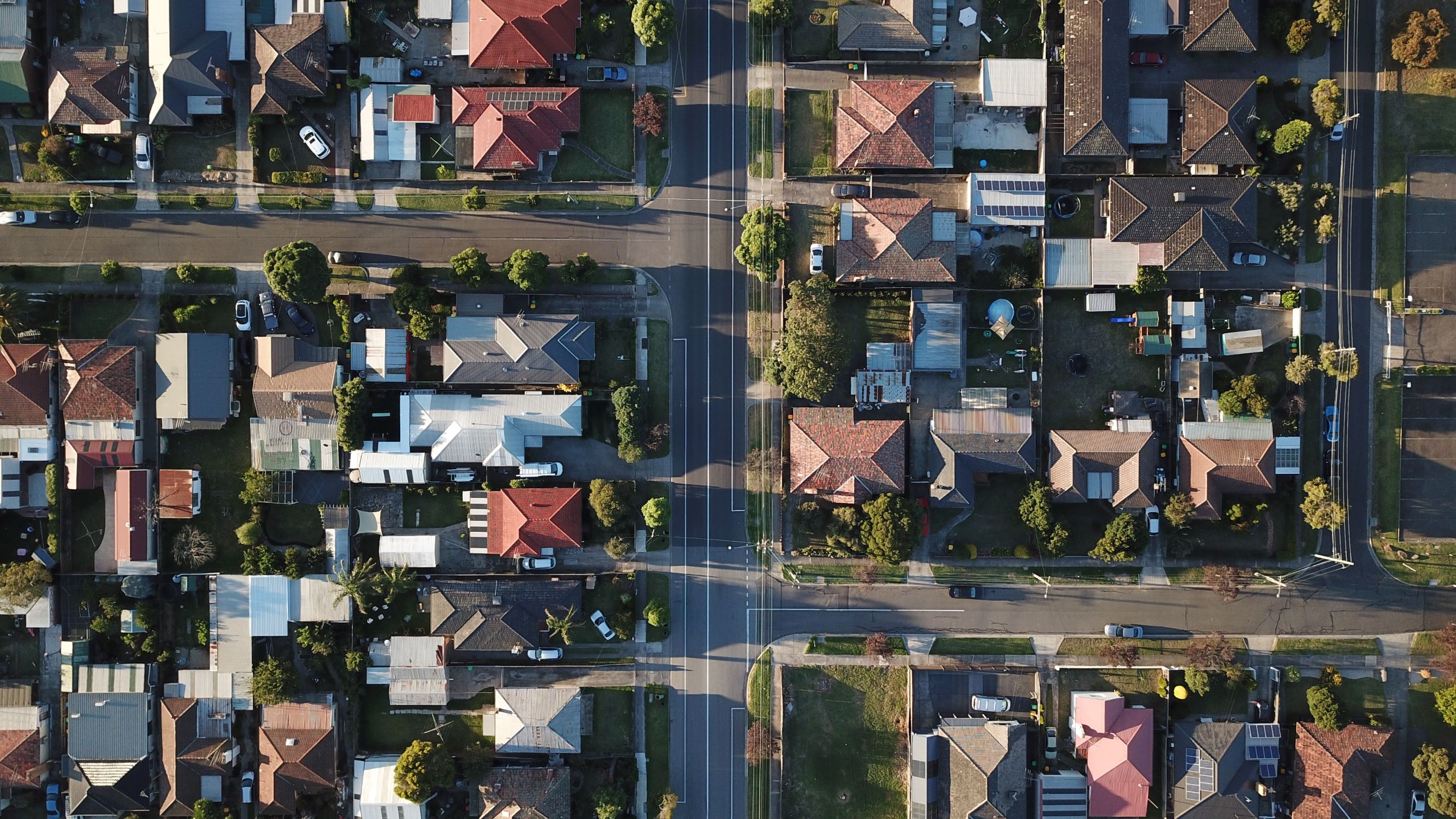Robert Harley| Australian Financial Review| 23 June 2022
https://www.afr.com/property/commercial/buyer-beware-the-choice-between-land-tax-and-stamp-duty-20220622-p5avlt
Karl Fitzgerald, the advocacy director at Prosper Australia, is a strong believer in the benefits of replacing property stamp duty with a broad-based land tax.
But he has a warning for first-home buyers attracted to the Perrottet government’s proposal for an opt-in annual land tax to replace stamp duty on transactions up to $1.5 million.
“Our detailed work on the ACT stamp duty to land tax transition shows that homemakers were more willing to overpay when bidding for a home,” he said.

“The risk with this (NSW) policy is that it will put upward pressure on prices. First-home buyers will have $50,000 in stamp duty savings that may simply find its way into a higher purchasing bid.”
Fitzgerald has touched on the irony of the NSW budget, handed down on Tuesday: the centrepiece of a so-called housing affordability budget could actually support, or even increase, house prices in markets underpinned by first-home buyers.
State governments, and by omission federal governments too, have let stamp duty rise to such outrageous levels that most of us don’t understand the true incidence of the tax.
Economist and current Henry Halloran research fellow at the University of Sydney, Cameron Murray, nailed the tax in a post this week, saying that stamp duty is a tax on sellers, not purchasers.
Home sellers will be big winners
On a $1.4 million home purchase, the stamp duty is $61,200. In effect, the buyer is prepared to pay – and must have the capacity to pay – $1,461,200 for the home. But $61,200 goes to NSW Revenue, not the seller.
Remove the transfer duty and the extra $61,200 could go to the seller.
“We expect that home sellers will be the big winners from this announcement, enjoying a demand-side fillip during a softening market,” said Fitzgerald.
“Public education will be key for younger buyers who may not grasp the implications of an annual land tax.”
Of course, financiers should add the property tax to living costs and adjust loans, and capacity to pay, accordingly.
The federal government’s National Housing Finance and Investment Corporation (NHFIC) – soon to be renamed Housing Australia and tasked to take the national lead in increasing housing supply and improving affordability – came to a similar conclusion in its paper, Stamp Duty Reform: Benefits and Challenges, released in July last year.
“Removing transfer duty in favour of a broad-based land tax will likely lift dwelling prices in the short term as the removal of transfer duty is capitalised into prices,” the NHFIC reported.
“However, if lenders fully capitalise the cost of the replacement land tax into loan-serviceability criteria, the price impact from removing duty may be negligible.”
The ACT, which is halfway through a 20-year program to replace stamp duty with a general property tax, is the one jurisdiction in Australia that has taken on the challenge of replacing stamp duty with land tax.
The NHFIC found that house prices, and importantly house sales, had both increased during the ACT’s transition period.
Economists have long argued that Australia’s punitive stamp duty rates are a barrier to the trading of homes, and their efficient use, as families expand and contract.
In the case of the ACT, further analysis might be warranted. There is a suggestion that some of the increased turnover in the ACT is driven by owners trading up, and renting rather than selling their existing homes, while they wait for further reductions in stamp duty.
A hiatus for buyers
The NSW proposal, if it passes parliament later this year, would apply to contracts signed on or after next January 16. Buyers who sign contracts after the passage of the bill but before January 16 will have to pay the stamp duty but will be eligible for a refund.
This creates several months of hiatus for first-home buyers and potential sellers.
The opt-in property tax will be $400 plus 0.3 per cent of land value. For those who chose to turn their first home into an investment, the figures will be $1500 plus 1.1 per cent of land value.
Land value will vary – in fact, it can be quite contentious – but assume that on a $1.4 million home the land component is $1 million. For owner-occupiers that is an impost of $3400, and $12,500 for investors.
The investment figure is significant, perhaps 30 per cent of the gross rental from such a property, and enough to remind investors of just what a big hit to cash flow land tax actually is.
Of course, some of the cost – unlike the cost of stamp duty – is ultimately paid by the Australian Treasury through negative gearing. This might explain why successive treasurers in Canberra have been so unsupportive.
To be fair, economists around the globe, and report after report into tax reform and housing affordability, have recommended replacing stamp duty with a broad-based land tax.
The NHFIC concluded that transfer duty imposes a high cost on households that move, and its removal would create “more efficient use of housing stock and improved labour productivity”.
Prosper’s Fitzgerald says an effective land tax transition would provide a “much-needed productivity bump as well as prompting under-utilised land and housing onto the market”.
But while congratulating NSW Premier Dominic Perrottet’s government, Fitzgerald says this week’s proposal is just “baby steps”.
The initial plan, for a “once-in, forever-in” property tax has been dropped: no long-term, ACT-style, schedule exists, and no support is forthcoming from the federal government or state opposition.
Labor leader Chris Minns has already shaped the property tax as an election issue and a first step in Perrottet’s plan for a “tax on every single home forever”. If elected next March, “we will stop it,” he said.








